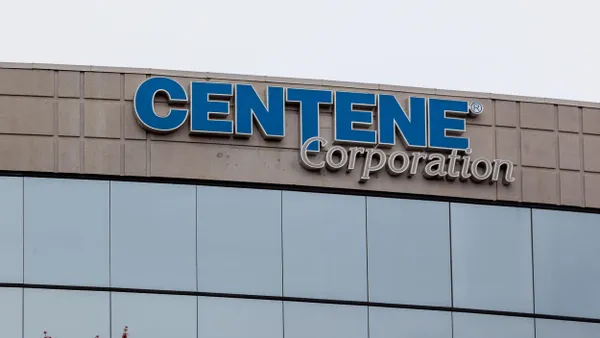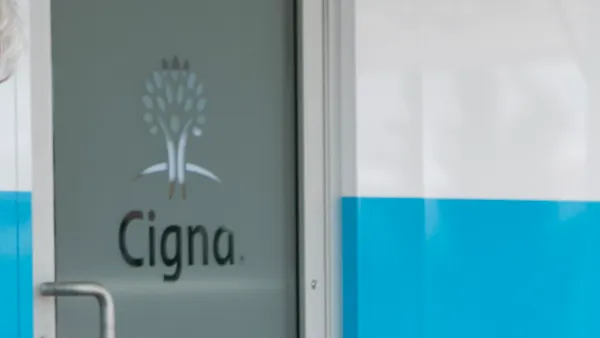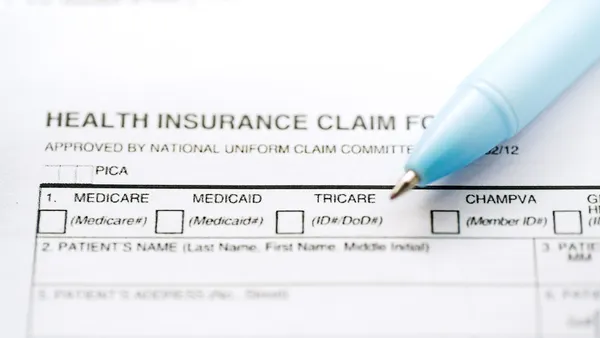Dive Brief:
- The CMS’ Innovation Center is launching a new payment model that aims to lower drug spending in Medicaid, the agency said Thursday.
- Under the voluntary model, which will run for five years starting in January, the CMS will negotiate lower prices linked to those paid in select other countries with participating pharmaceutical companies.
- The agency is now seeking applications from manufacturers interested in participating in the model, as well as letters of intent from states that may want to opt into the pricing and terms eventually negotiated by the CMS. States will be able to enroll on a rolling basis through Aug. 31.
Dive Insight:
Under the Generating Cost Reductions for U.S. Medicaid, or Generous, model, drug companies who apply for and are accepted will enter negotiations with the CMS to set prices on outpatient drugs. Pricing for Medicaid programs will be based on select international data, according to the agency.
Manufacturers will then receive invoices from participating states for supplemental rebates to reach those international prices. The CMS will get a share of rebates through a reduction in federal spending on Medicaid programs, the regulator said.
The model aims to slash Medicaid spending on prescription drugs, which the CMS said grew to more than $100 billion in 2024.
“Drug prices in the U.S. remain far too high,” Abe Sutton, director of the Center for Medicare and Medicaid Innovation, said in a statement. “GENEROUS aims to ensure that Medicaid pricing will be on par with those in other developed nations. My hope is that all eligible Medicaid programs choose to participate in the pilot to help ensure that their Medicaid dollars can go further to support those in need.”
The new model comes as the Trump administration has targeted cutting drug prices, often using a controversial “most favored nation” approach that ties costs to those paid in other countries. Drug companies say the policy could slow biotech investment and innovation, and some experts have noted manufacturers could game the system or exit other markets for the more profitable U.S. — leaving medication costs high.
This week, the White House announced Novo Nordisk and Eli Lilly would sell their pricey GLP-1 medications for obesity to some Medicare beneficiaries for $245 per month as well as starter doses of pill versions, once approved by regulators, for $149 monthly.
Additionally, in September, Pfizer signed a deal with the administration to offer most favored nation pricing to Medicaid programs, as well as discounts directly to consumers online. The following month, AstraZeneca inked its own pact with the government to sell discounted drugs to the safety-net insurance program as well as on the new government website.
Cost savings has also become a major focus for CMMI under the Trump administration. The innovation center, which was created by the Affordable Care Act, was established to conduct experiments on lowering costs and improving quality in government programs like Medicare and Medicaid.
But research has found that CMMI hasn’t always generated savings for the federal government, sparking ire from lawmakers, particularly Republicans.
Earlier this year, the agency said it would cancel four payment models early and halt two demonstrations before they could begin, including two models on drug development and spending.
Meanwhile, the healthcare sector is bracing for significant changes to Medicaid, after President Donald Trump signed a massive tax and policy law this summer that included historic cuts to the safety-net insurance program. Millions will likely lose coverage.















